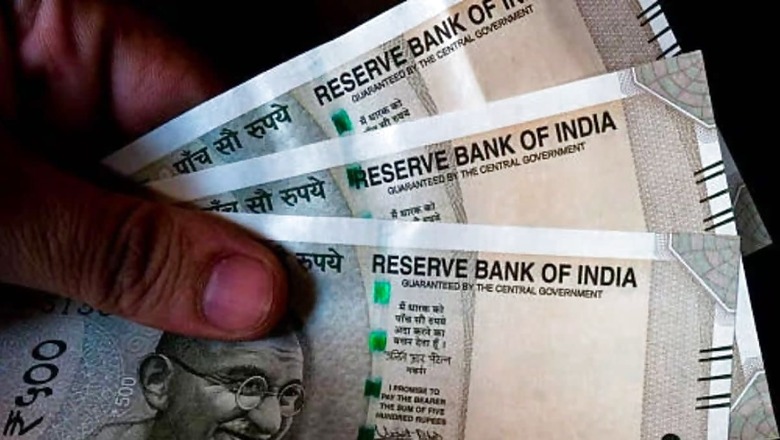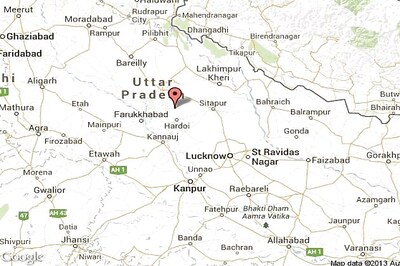
views
Tax-saving fixed deposits are the preferred choice for most people seeking to lower their taxable income since the rewards are assured and fixed.
While tax-saving FDs are an alluring alternative, Post Office Term Deposits are another investment vehicle that draws in investors. Every quarter, the government updates interest rates for small savings schemes.
However, the rates on all 10 small savings plans—including the 5-year Post Office Time Deposit (POTD)—have remained unchanged for the April–June 2024 quarter. When it comes to their 5-year fixed deposits, multiple banks also offer tax benefits.
Here’s a comparison of major banks’ tax-saving fixed deposits and 5-year POTD:
Tax Saving Fixed Deposits:
A tax-saving fixed deposit (FD) account is a form of FD that enables you to save taxes under Section 80C of the Income Tax Act of 1961.
Investing in this account entitles you to a maximum deduction of Rs 1.5 lakh per year. It has a 5-year lock-in period and the interest received is taxed at rates ranging from 5.5% to 7.75%.
The lock-in period prevents you from withdrawing prematurely. Banks provide different interest rates on tax-saving fixed deposits. State Bank of India (SBI) provides an interest rate of 6.50% to all citizens. For tax-saving FDs, HDFC Bank and ICICI Bank provide interest rates of 7%. DCB Bank gives a 7.75% interest rate on tax-saving FDs, whereas IndusInd Bank offers 7.25%.
Post Office Time Deposit (POTD):
Investing in a 5-year Post Office Time Deposit (POTD) also provides a tax benefit under Section 80C of the Income Tax Act, 1961. Investing in a 5-year POTD entitles you to a tax deduction of up to Rs 1.5 lakh.
These fixed deposits can be for one, two, three, or five years, enabling you to choose the term that best meets your financial goals.
You can withdraw some of your funds before the fixed deposit matures, but only after six months from the day you deposited it.
The interest rate on POTD for the April–June 2024 quarter is 7.5%. The minimum amount that can be invested is Rs 1,000 and you may make investments in multiples of Rs 100.


















Comments
0 comment